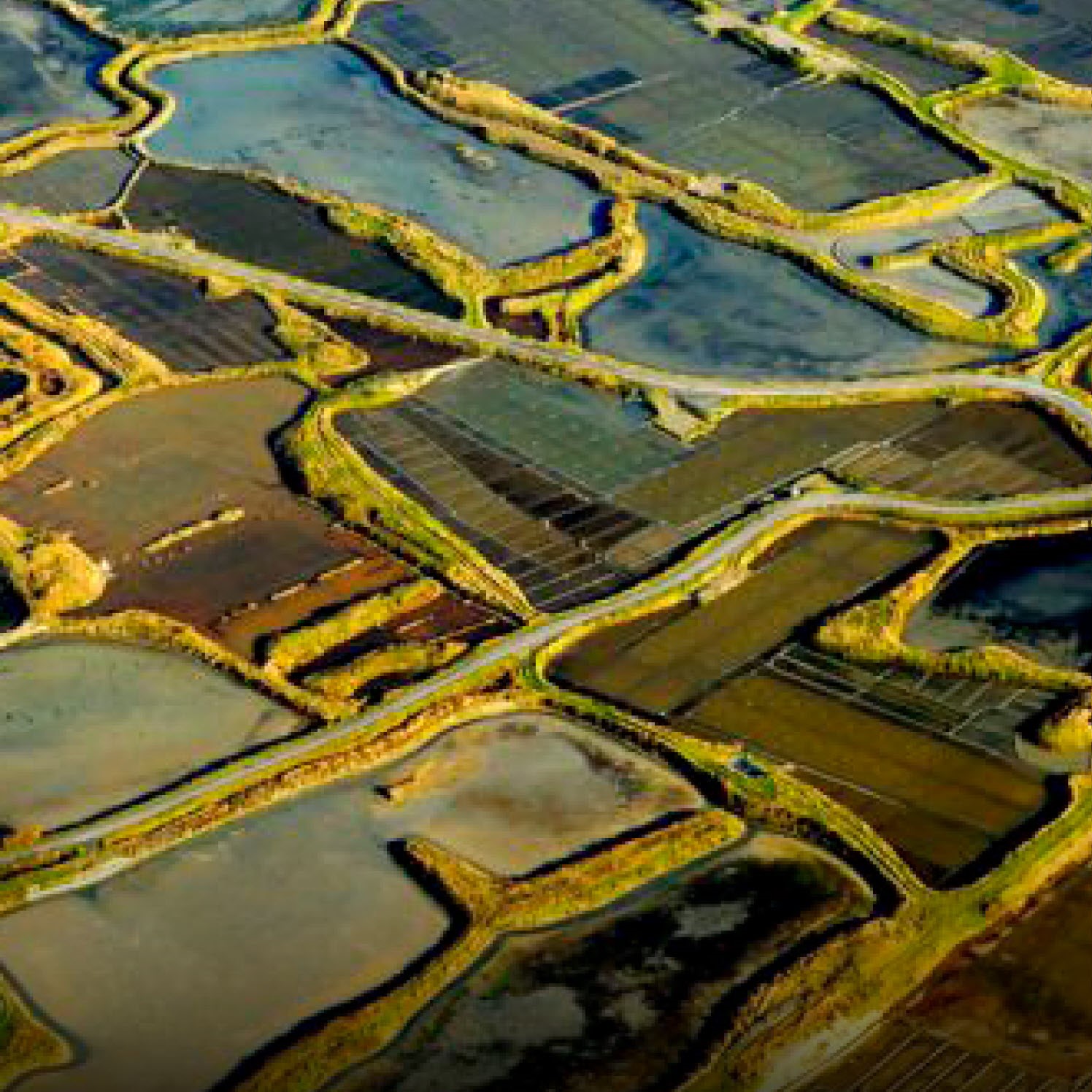
Joe Dufek is an extraordinary young scientist whose research is characterized by deep intellectual content and rigor. He has contributed significantly to our understanding of the dynamics and petrology of magmatic systems, and to physical volcanology, tectonophysics, and planetary volcanism. Even at such an early stage in his career, ‘Joe’s contributions have transformed our understanding of magma chamber dynamics and the physics of volcanic eruption.
Joe was born and raised in Lander, Wyoming. He is a small town boy who greatly alarmed his parents by moving to the big city to do his undergraduate work at the University of Chicago. There, he had the good fortune to be mentored in volcanic petrology by Fred Anderson and Paul Wallace. After graduating from Chicago, Joe matriculated to the University of Washington, where he studied with George Bergantz, who instilled in Joe his keen insights in quantitative petrology, specifically in multiphase flow and eruption dynamics. I knew Joe when he was a graduate student at Washington, and he was then one of those very rare students who are best mentored by not getting in the way of their focused intellectual momentum. Before joining the faculty of the Georgia Institute of Technology, Joe was awarded a Miller Fellow at U.C. Berkeley, and there benefitted significantly from interaction with Michael Manga and his group, gaining a deeper appreciation of the need to develop constitutive relations that incorporate microphysics to accurately model first-order dynamical features of pyroclastic flow.
Joe works on the origin of complexity and the dynamics of magmatic systems at the interface between observational Earth and planetary sciences, and continuum physics. His credibility rests on a keen interest and respect for the observational realm and is framed by awareness that lasting progress requires integration of real-time data, geological deposits, and remote sensing within the rationalizing context of physics and chemistry. He has published important research on particle-particle collisions and their effects on flow in volcanic conduits, on the interaction between mafic dike injection and melting of the lower crust, on multiphase transport processes of pyroclastic flows including the tracking and fate of individual phenocrysts, and the thermomechanical coupling of crustal dynamics to magma chamber processes. Joe is someone who chooses to work on difficult and complex problems that are firmly grounded in observation. He always demonstrates the relevancy of the outcomes of computational models to field observables. He understands instinctively how to creatively formulate and execute a model that informs those observations in a substantive and discriminating way.
Joe was the 2010 recipient of the Kuno Award from the VGP section of the AGU and the 2011 recipient of the George Walker Award from IAVCEI. With the award of the Macelwane Medal, Joe has achieved well deserved recognition for his broad research accomplishments, for his intellectual generosity that fuels an intense collaborative research style, and for the transformative potential his future work will surely have in the fields of magma physics, petrology, and physical volcanology.
–Mark Ghiorso, OFM Research, Seattle, Washington
It gives me great pleasure to introduce one of the Kuno Award recipients for 2010: Joe Dufek. Because his research work and his reputation precede him, most of you already know of Joe, which makes my task easier. Barely 4 years from completion of his doctoral work with George Bergantz at the University of Washington, Seattle, Joe has already published important and seminal work in the fields of volcanology and petrology. He's written on a wide diversity of subjects including particle—particle collisions and their effects on flow in volcanic conduits; the interaction between mafic dike injection and melting of the lower crust; multiphase transport processes of pyroclastic flows including the tracking and fate of individual phenocrysts; and thermomechanical coupling of crustal dynamics to magma chamber processes. Throughout, Joe has demonstrated that he is one of those rare Earth scientists who not only can recognize an important geologic problem but also knows how to investigate that problem in the field and how to creatively formulate and execute a model that contains enough physics and chemistry to generate results that are testable against observation. Joe has raised the bar in modeling pyroclastic eruption dynamics, and through the Kuno Award, the volcanology, geochemistry, and petrology (VGP) community has recognized the importance and relevance of his work in understanding the rock record. But, in addition to his research record, Joe is also well known for his modest character, his generosity of intellect, and his enthusiasm for sharing in collaborative research. Fellow VGP members, it is my honor and privilege to present Joe Dufek, this year's corecipient of the Hisashi Kuno Award.
—Mark S. Ghiorso, OFM Research, Inc., Seattle, Wash.

We present 230Th‐238U crystallization ages and trace element compositions for zircons spanning the late Pleistocene to Holocene rhyolite erup...





